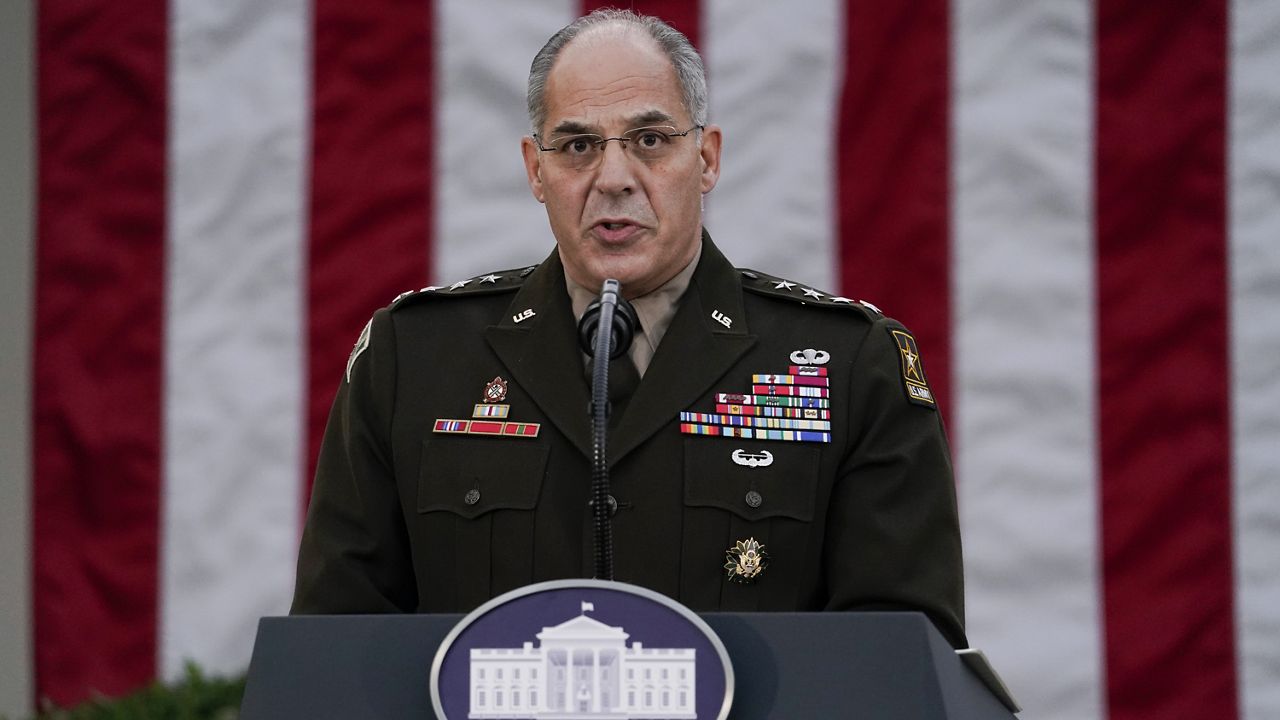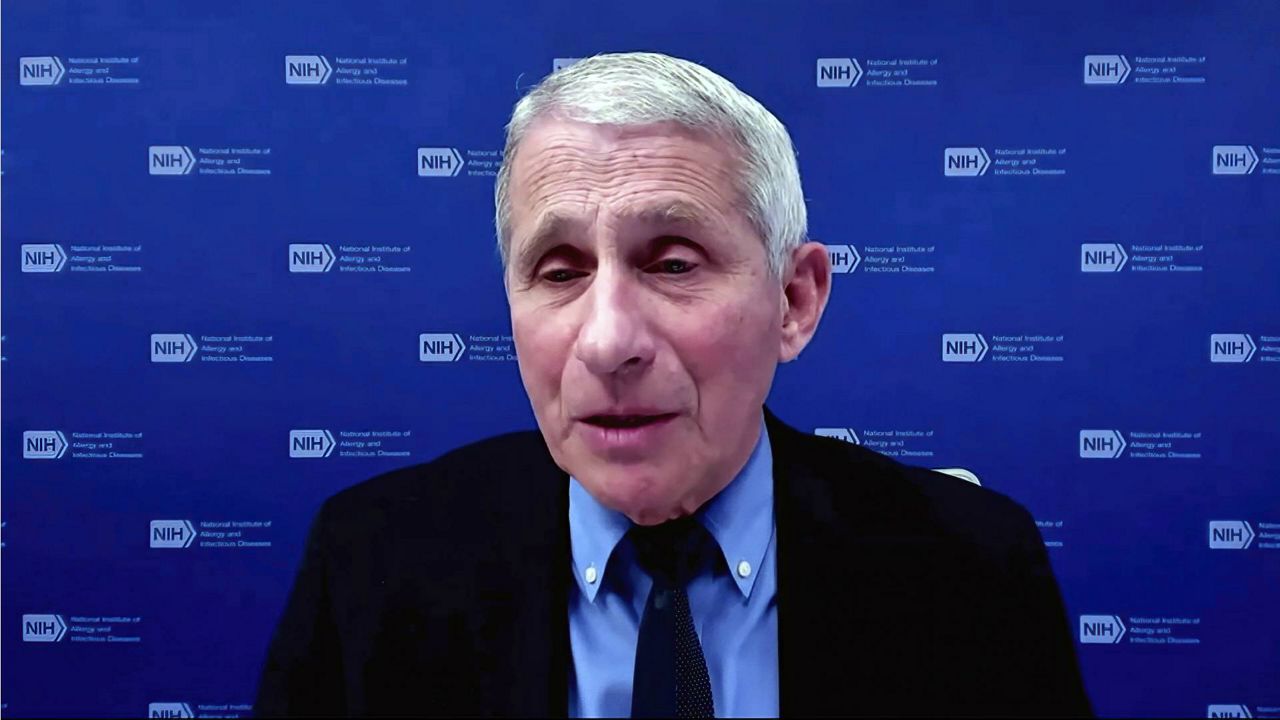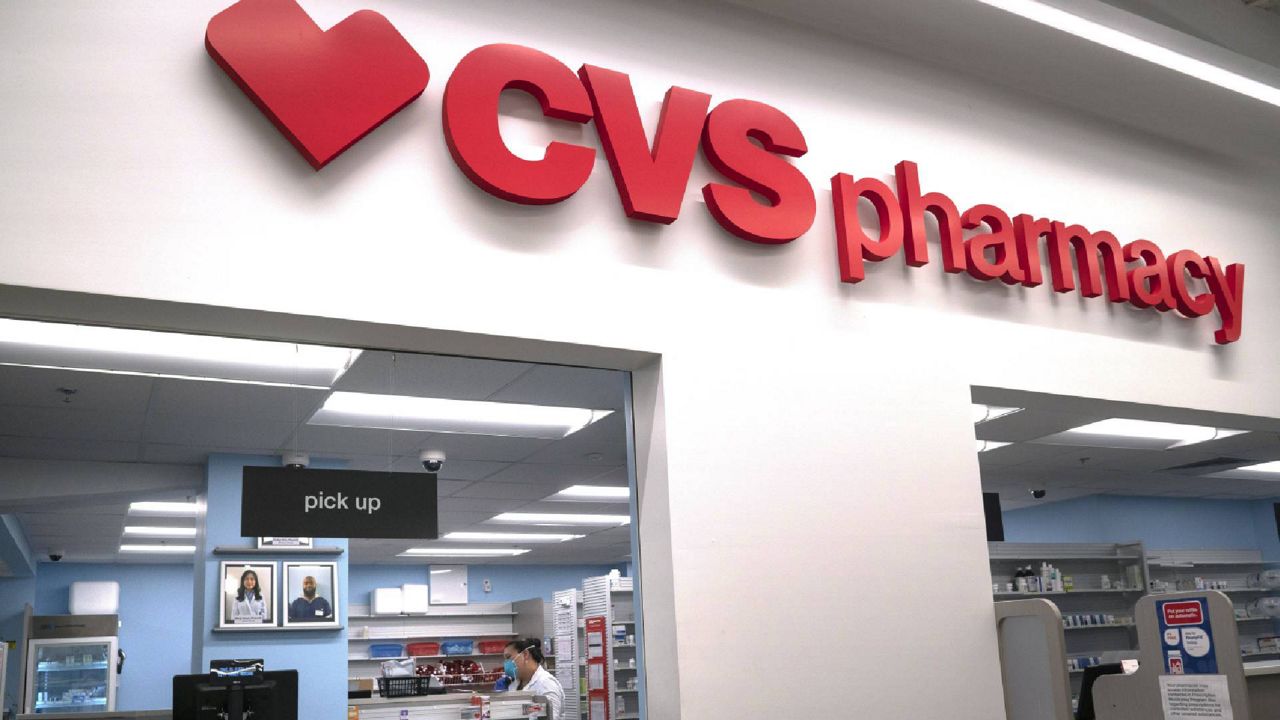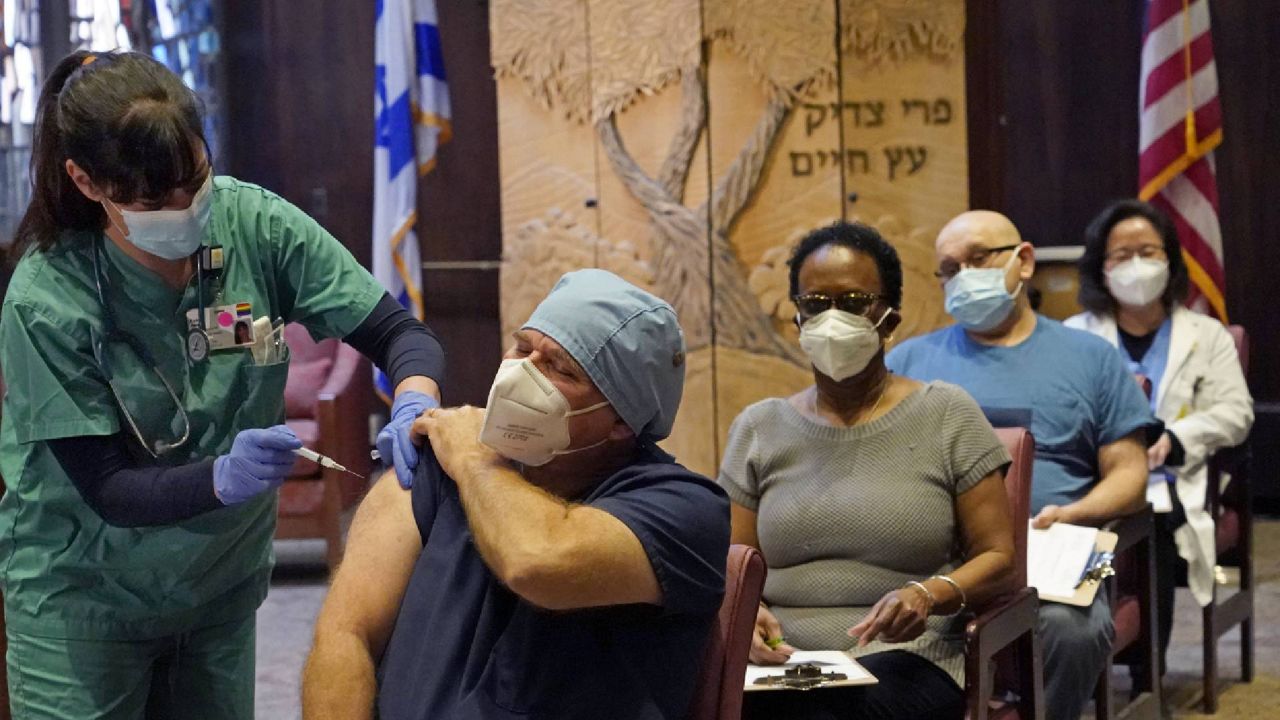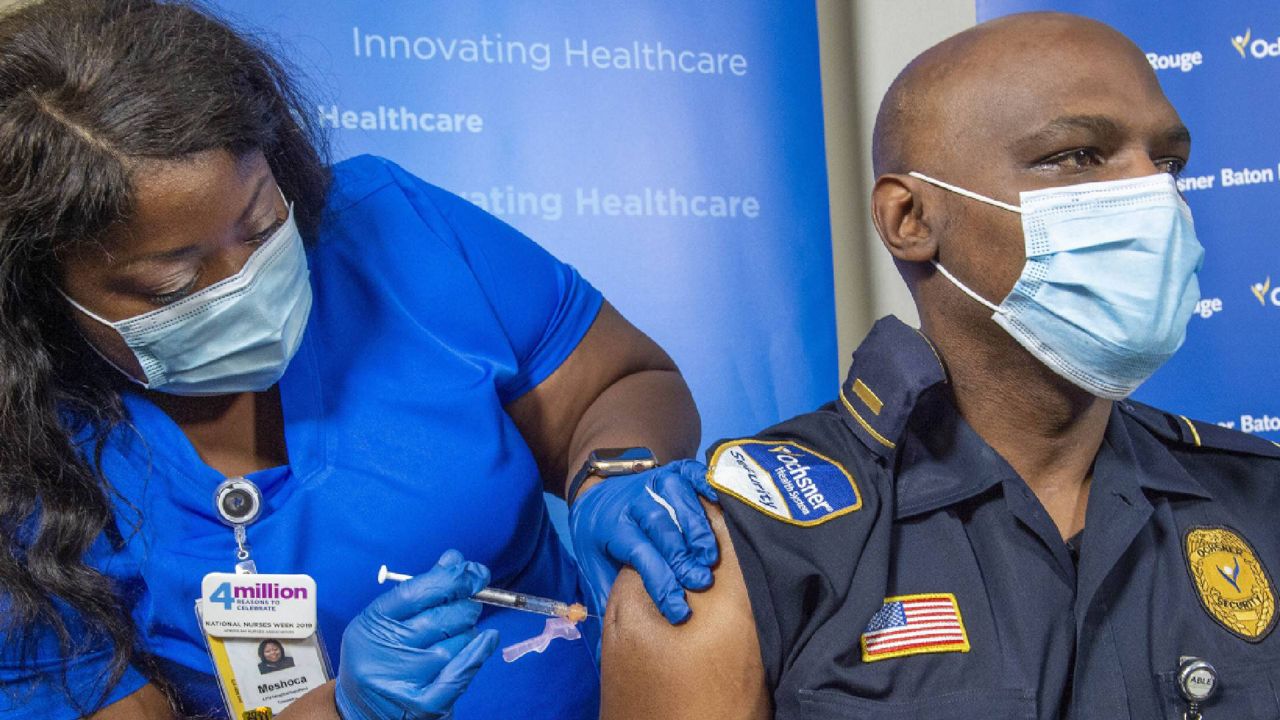As the U.S. looks to two promising coronavirus vaccine candidates as signs of hope amid a worsening pandemic, officials overseeing Operation Warp Speed — the administration’s accelerated effort to develop and distribute a vaccine — laid out a clearer timeline of how and when the final product could be given to Americans.
“We will begin distribution of the vaccine within 24 hours after Emergency Use Authorization is approved,” Army Gen. Gustave Perna, who is leading Operation Warp Speed, said in a media briefing Wednesday. “Then we will begin a weekly cadence of delivery of [the] vaccine.”
Pfizer, which announced Wednesday its vaccine is 95% effective, said it plans to submit to the Federal Drug Administration for approval within days. Once that happens, the FDA could authorize its vaccine as well as the Moderna vaccine in a matter of weeks.
“We’re probably talking about a week or ten days [of lag time]” Dr. Moncef Slaoui, who oversees vaccine development for Operation Warp Speed, said. “The lag time between the two vaccines is going to be very minimum.”
From there, vaccines would go out to 64 different jurisdictions, including all U.S. states and territories, which would then individually distribute a vaccine how they see fit. The number of doses each locality gets will be scaled based on population.
“The governors and the states will figure out the plan, and we are ready to execute in collaboration with their plan as we've been working on for six months, doing numerous tabletop exercises and now extending it into actual rehearsals of how to move the product,” Gen. Perna said.
The CDC has not officially recommended who should first get vaccinated, but experts have said health care workers, essential workers, older Americans and those with underlying health conditions should be first in line.
In a previous White House press conference, Dr. Slaoui said as many as 20 million Americans could be vaccinated in the month of December. HHS officials have said supplies of the vaccine will steadily increase over time, meaning most Americans should be able to get access to a vaccine by later in 2021.
HHS Secretary Alex Azar also addressed the transition to a Biden administration in the context of vaccine distribution.
“In the event of a transition, the individuals that you're seeing here, other than myself … are career officials. They aren't impacted by any change in leadership,” Azar said. “There's really just total continuity that would occur.”
In a one-on-one interview with Spectrum News Tuesday, Dr. Anthony Fauci of the National Institutes of Health said he would personally get vaccinated as soon as possible, emphasizing the vaccine’s safety.
“Independent bodies have evaluated the data who are beholden to no one – not to the administration, not to the companies, not to anyone,” Dr. Fauci told Spectrum News' Jeevan Vittal. “I can tell you I myself would not hesitate when my turn comes to take such a vaccine and to recommend to my family that they also take the vaccine.”
HHS recently announced a partnership with U.S. pharmacies — places like CVS, Walgreens, Walmart and Costco — to aid in broad distribution of a vaccine. Still, Gen. Perna said vaccines would be available to all communities, despite concerns the plan’s reliance on private companies would lead to disparities in access.
“I will tell you that we worked [through] excruciating details to ensure that every area is being thought about, whether it's inner city or extreme rural areas,” Gen. Perna said.
Officials also addressed the need for vaccines to be stored in extremely cold temperatures, with the Pfizer vaccine requiring storage at minus 70 degrees celsius. They said each state has ensured it has enough refrigerators in its supply chain, and HHS offered resources to purchase more.
Refrigeration will also be supplemented with dry ice to both transport and temporarily store vaccine doses.
On Wednesday, Sec. Azar expressed optimism about the forthcoming vaccines, but he also reminded Americans to continue to individually work to prevent the spread of the virus, echoing a message from other U.S. officials in recent weeks.
“With the vaccine news that we have … there is light at the end of the tunnel,” Sec. Azar said. “But we need people to get there, and the way people are going to get there is by practicing good individual behaviors of washing your hands, watching your distance, wearing your face coverings … please do those things.”
In an interview with Spectrum News, Dr. Fauci also said Americans should prepare to continue to practice public health measures even after being vaccinated, until it’s clear the majority of the U.S. population is protected.






